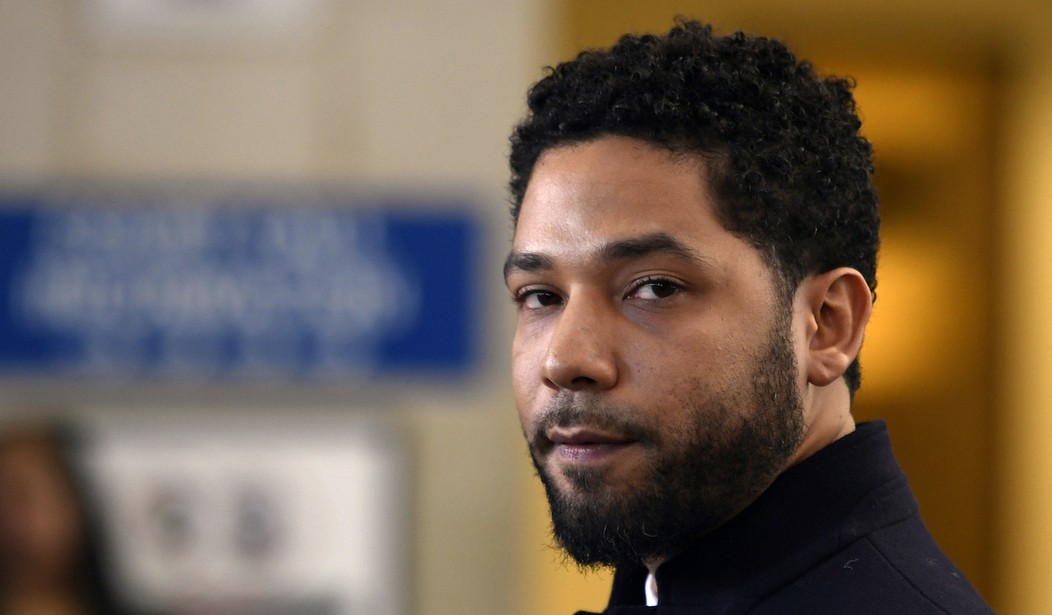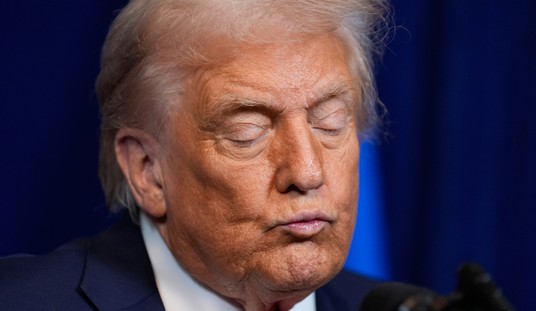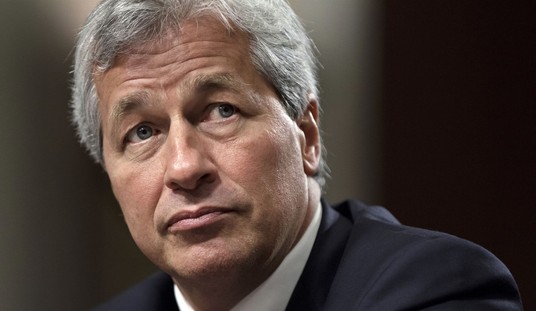Over the past decade, it seems there has been a rise in reports of fake hate crimes. In different parts of the country, some folks have decided to stage hate crimes against themselves or others, often garnering widespread media attention.
In today’s divided political climate, these incidents have become even more concerning, especially amid heightened racial tensions, debates over LGBTQ matters, and increasing antisemitism.
The question is: Why would someone want to fake a hate crime?
This line of thought came to me after I wrote an earlier piece on what appeared to be a hate crime hoax that occurred in Chula Vista, California. The 15-year-old son of a local Democratic official was arrested after vandalizing a school by writing graffiti with racial slurs and swastikas. The official is a black woman.
There have been plenty of other incidents like this. The most famous is the case of actor Jussie Smollett, who staged a violent hate crime against himself, alleging that Trump supporters physically assaulted him in Chicago because he is black and gay. The story fell apart quickly as the inconsistencies in his story were quite obvious.
Back in 2016, just before former President Donald Trump won the presidential election, a black church was vandalized with spray paint. The suspect wrote “VOTE TRUMP” and set fire to the facilities. Sure enough, law enforcement revealed about one month later that the fire was set by one of the church’s members, a black man named Andrew McClinton.
So, what’s the point of staging a hate crime?
The question has prompted much speculation. Some surmise that the motivation is political in nature, and aimed at furthering a narrative of white bigotry against marginalized communities.
Others suggest that it’s more about gaining attention. Yet, the truth is that several different factors might motivate someone to fake a hate crime.
Hate crime hoaxes, while relatively rare, tend to garner attention – especially those that get national coverage. They can have serious consequences for society.
Cynthia Deitle, a former FBI agent, explained that the most common motivation behind false reports of hate crimes is the desire for attention in a conversation with The New York Times.
“They felt that being labeled a ‘hate crime victim’ would be a positive result,” Ms. Deitle said. “The cases I examined took place in a workplace environment and at residences, and sometimes the allegation was made to draw attention away from a real negative aspect of the complainant’s life, like poor performance at work or school, or a feeling that the complainant was not getting the attention she or he deserved.”
Wilfred Reilly, a political scientist and author of “Hate Crime Hoax,” suggested that some individuals use hoaxes to push political narratives. “Why would anyone fake a hate crime? The basic answers are fame, profit, and the advancement of a political ideology,” he wrote in a piece for Commentary.
It’s no secret that there exists a large and well-entrenched grievance industry in the United States. The Southern Poverty Law Center (SPLC), which labels organizations such as the Family Research Council and Jewish Political Action Committee “hate groups,” pulls in $51.8 million per year and has a well-invested endowment of $432 million. While perhaps a bit more cash-poor, the great black advocacy organizations are no slouches when it comes to rallying the troops: The official Facebook page for Black Lives Matter boasted 326,993 likes and 332,368 followers when I accessed it in November 2018.
Reilly argues that civil rights organizations like the NAACP, the Urban League, and others “have a deep-rooted interest in presenting the sort of bigotry they fight as a serious ongoing problem in the United States in order to continue receiving donations and funding.”
Psychological factors can also play a critical role. Dr. Marc Feldman, an expert on factitious disorder, told The Cut that some of the perpetrators could suffer from the condition. Those suffering from this disorder deliberately and consciously fabricate, exaggerate, or induce physical or psychological maladies in themselves or others without any apparent incentive, such as financial gain or fame.
While discussing the Smollett case, he recalled that “there have been some somewhat similar cases in the past where individuals have engineered their own apparent hate attacks, hate crimes, and it turns out the individual himself coordinated the whole thing.”
The impact of hate crime hoaxes can be quite damaging, affecting not only those directly involved but society at large. They create a situation in which the stories of authentic hate crime victims appear less credible, causing people to doubt their experiences. The hoaxes make it harder for victims to advocate for themselves without facing skepticism.
Even further, hate crime hoaxes aggravate social divisions and undermine efforts to address actual issues of discrimination and bigotry. In most of these cases, it is assumed that those committing the fallacious hate crimes are white, which further promotes a narrative that most white Americans are racists and minorities are perpetual victims despite the fact that hate crimes are relatively rare.
The fact that many of these incidents receive widespread media coverage doesn’t help matters. Even when it is revealed that the crime was staged, people will still believe the original falsehood if they do not see the updates on the story.
While hate crime hoaxes are not common, they can have a disproportionately harmful impact on society. For this reason, it would be smart for people to look at sensational news reports about hate crimes with a critical eye. Wait for the rest of the facts to come out, then form their opinions. Otherwise, those pushing the hoaxes will only get what they want in the end.













